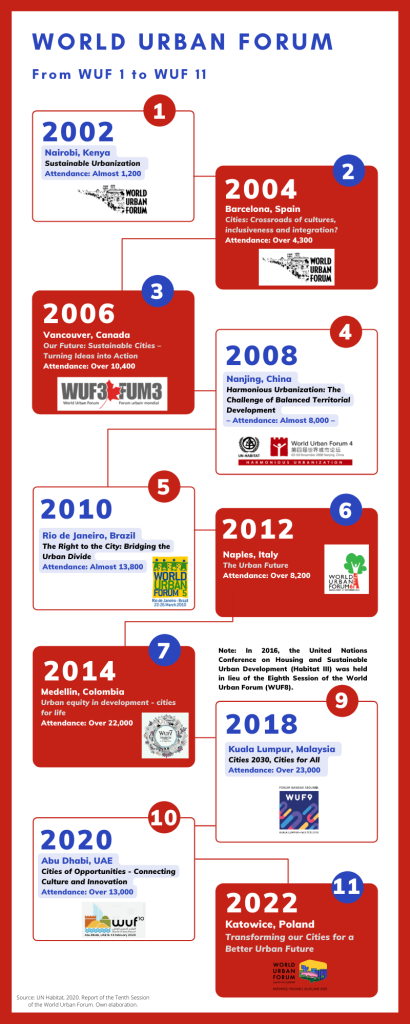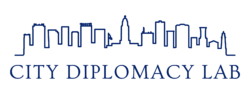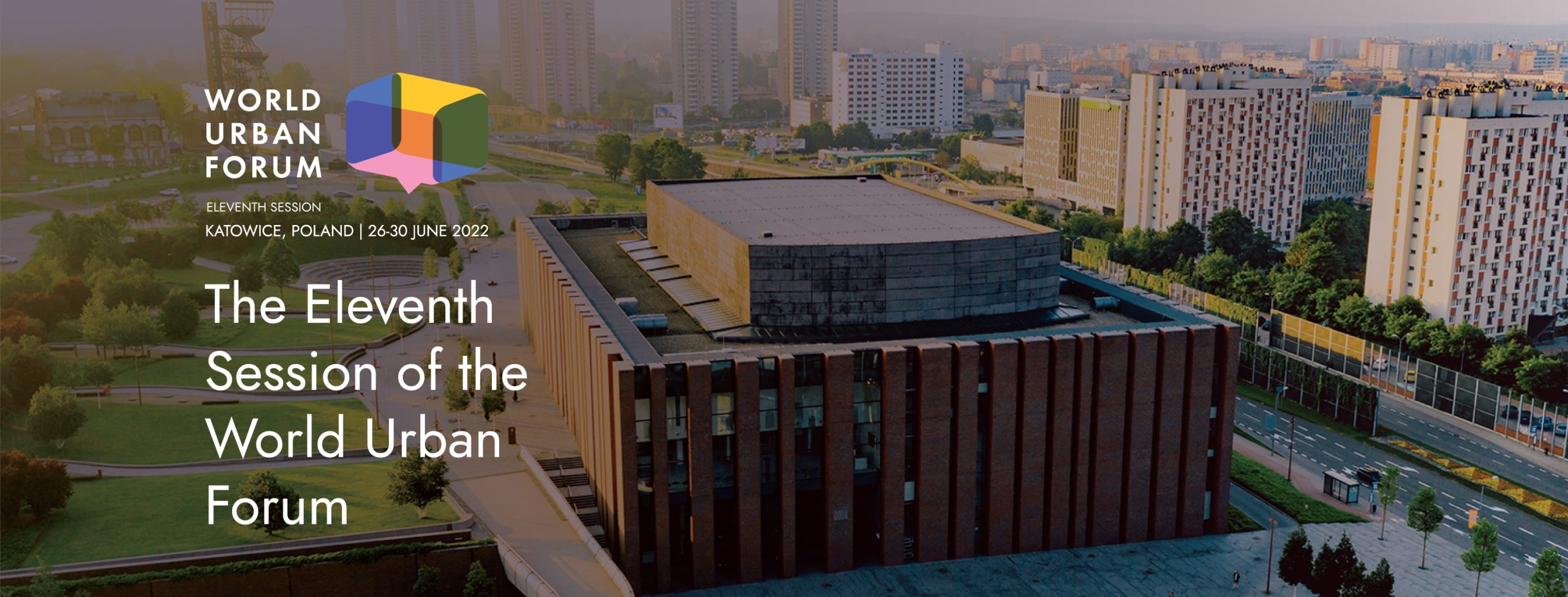“What kind of cities are needed to support the future of humanity? How do we envisage and reimagine the future of cities? What do we want our cities to look like?”
By Emanuele Sala
The World Urban Forum, the main global conference about the future of urban governance, will try to address these questions in Katowice, Poland, from 26-30 June 2022. The 11th edition, titled “Transforming our Cities for a Better Urban Future,” will focus on tools and policies to pursue sustainable urbanization, counting on the expected presence of thousands of representatives of national, regional, and local governments, academics, business people, community leaders, urban planners.
This global event aims at providing participants with an opportunity to share experiences, create networks, and hold debates about pressing issues facing cities and communities in the light of the 2030’s Sustainable Development Goals and the New Urban Agenda. Through high-profile debates, roundtables, assemblies, and informal meeting opportunities, the 11th WUF links the theme of urban sustainability to the growing role of cities in providing solutions to deal with pandemics and the environmental crisis.
Twenty years of World Urban Forums
The WUF has operated since 2001, under the aegis of the United Nations Human Settlements Programme (UN-Habitat), holding biannual conferences hosted by diverse cities. An overview of the past editions, host cities, themes, and participants can give an idea of the commitment of the institution, which has become “a platform to capture knowledge, innovation, and creativity for sustainable urban development” [1]. The primary outcome of the conference is a final declaration, providing general recommendations around which a substantial consensus was reached during conferences and debates.
From the data of the last five editions[2], there is a good gender balance in all the conferences, as well as a wide variety of functions covered, including academics, public administrators, and private sector operators. However, a large gap can be observed between the number of participants from the host countries and the rest of the world. This ratio, in some cases, reaches the figure of 1:1. The differentiation in the choice of the host cities counterbalances this predictable dynamic, ensuring a high level of representation from all continents throughout the various editions.

The choice of Katowice: global issues meet local solutions
The choice of the Polish city, which hosted in 2018 the UN Climate Change Conference COP24, is relevant. The city is a pole of coal extraction and steel production in a region where the carbon economy is still a strong reality. By contrast, the city administration and the community itself are incrementally transforming the city to make it greener and more sustainable. The choice to hold this event in Katowice gives value to and to learn from the city’s good practices.[3]
This choice is part of a trend that can also be observed in previous conferences: it is the case for WUF7 on urban inequalities and divided cities, held in Medellin, a city that has developed original experiences in urban safety policies. WUF5, in Rio de Janeiro, focused on the idea of the “right to the city,” widely studied and promoted in Brazilian cities.
The idea of drawing a link between the theme addressed and the host city reflects the principles at the heart of the conference. It emphasizes an awareness of the uniqueness of each city, together with a recognition of the value of sharing good practices and exchanging knowledge. To ensure that this exchange is accessible to all stakeholders, UN-Habitat publishes a detailed report of the event to account for the outcome of the proceedings.
The value of cooperation to face an uncertain urban future
The event, which has seen the number and the profile of participants grow over the years, was born and thrives on the assumption that the future will be increasingly urban. However, the coronavirus pandemic is a stark reminder that this urban future is uncertain. Hence, cities should be prepared and equipped for it. City professionals’ discussion and mutual learning can point to this direction, and the World Urban Forum is establishing itself as a valuable space for it, as a hub of ideas, policies, and improvements for urban governments.
[1] UN Habitat, 2020. Report of the Tenth Session of the World Urban Forum. Abu Dhabi, p. 130.
[2] UN Habitat, 2020. Report of the Tenth Session of the World Urban Forum. Abu Dhabi, p. 33 – 35.
[3] Fuchs, R., 2018. Katowice: A European coal capital goes green | DW | 02.01.2018. DW.COM.

